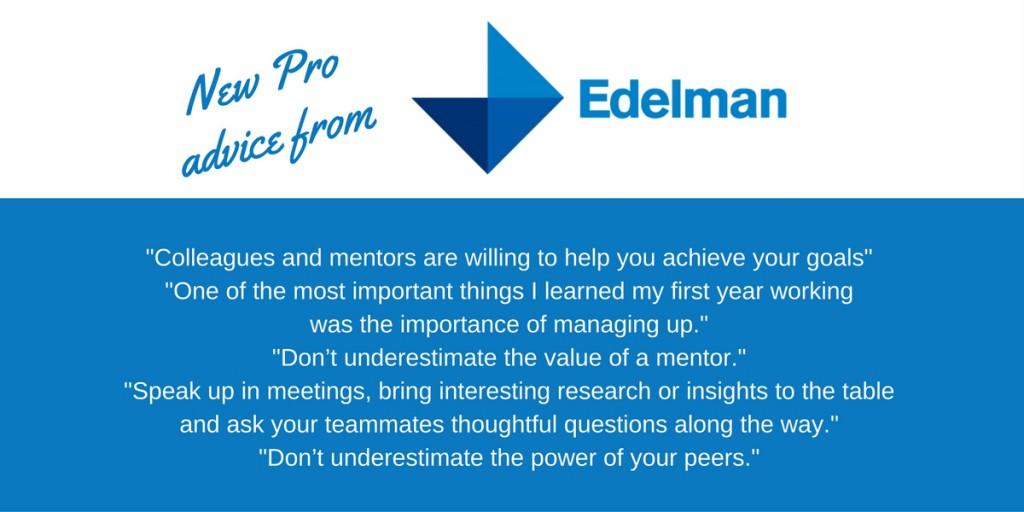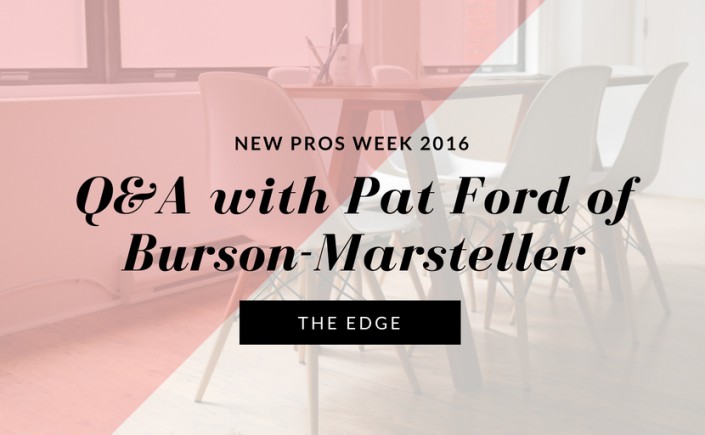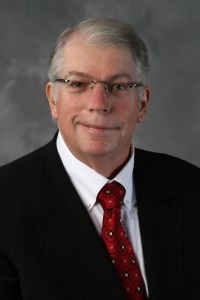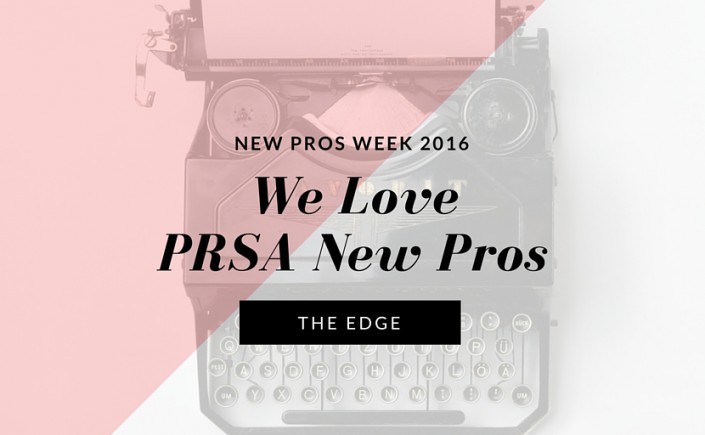The Public Relations Society of America’s annual International Conference was held Oct. 23-25, 2016 in Indianapolis, Ind. We’re thrilled that a number of New Professionals section members were able to attend, and if you weren’t, read on for our recap.
New Pros Breakfast
The conference officially kicked off Sunday, with New Pros gathering for a networking breakfast.
Thanks to all who joined our New Pros session at PRSA International Conference – it was great to meet some fellow new pros and hear from seasoned professionals from the College of Fellows. We covered tips including first jobs and how to get involved in PRSA. If you’re interested in getting more involved and volunteering for the New Pros section, reach out to get involved! – Jessica Noonan, Chair, PRSA New Pros
Planning to join PRSA in the next couple months? Use the code AM16 to get a free New Pros Section membership when you apply to become a PRSA Associate Member.
“Where Are They Now?” – New Pros Panel at #PRSSANC
The New Pros section also hosted a panel for students at the PRSSA National Conference. Top tips included:
My advice to my 21-year-old self would be to relax. Don’t worry so much about graduation and focus on making the most of your last classes, internships and time as a student. – Nick Lucido, Immediate Past Chair, PRSA New Pros
You can rely on your network for support and guidance for the job search. But if you’ve gone dark on a person for a nine months and reappear asking for help it may not be as helpful as if you kept the relationship strong over time, so stay in touch with your connections. – Brian Price, Chair-Elect, PRSA New Pros
I was once told, “The only person holding you back is yourself.” Don’t be a roadblock to your own success. Believe you can achieve everything you dream of, be confident, and don’t let fear keep you from trying. – Heather Harder, Programming Chair, PRSA New Pros
Management Session Recap
On the final day of conference, the section led a session for New Pros (and their supervisors) on how to manage your first intern/new hire, client, project, and more. Top takeaways include:
To effectively manage up or be managed from below you must clarify and manage expectations and respect the boundaries and communication style preferences of the people that you work with on a daily basis. – Ruthann Campbell, Programming Chair, PRSA New Pros
When it comes to first-time managers, you have to be flexible. Remember that you are combining someone with little experience in management, with someone who has little experience in being managed. To effectively support your new hires, remember the 5’s: set expectations, structure, share (time, knowledge and networks), support and self-growth (because new pro managers learn too!). – Andrea Gils, PRSSA Liaison, PRSA New Pros
New Pros should begin managing their first client account or project once they have a successful track record of work, can handle an increased workload and have set expectations. It’s good exposure for them, especially with upper management and for mentorship opportunities. – Hanna Porterfield, Blog Chair, PRSA New Pros
Want to learn more on this topic? Join our next #NPPRSA Twitter chat on Tuesday, Nov. 15 at 9:00 p.m. EDT.
ICON Testimonials
Wondering if it’s worth going to PRSA ICON as a New Pro? Looking to convince your employer to help you attend next year? Simply want to learn more? We’d love to see you!
This was my first time experience with a PRSA conference. Attending would not have been possible without my involvement with PRSA New Pros as it was through volunteering for the national committee that I was presented with the opportunity to speak. It was invigorating to be able to meet new people and hear about the similar struggles and challenges being faced by professionals in all stages of their career and industries. I learned a lot about new tools and strategies to help me be more effective in my role at a non-profit. If you have the opportunity to get involved and participate at any level of PRSA, I highly recommend that you do so and in the words of a College of Fellow representative, don’t’ just join, join in! – Ruthann
#PRSAICON has been THE highlight of my year. I can’t believe it was my first conference and I was able to present too – all thanks to PRSA New Pros! My favorite part of this year’s conference was being able to talk to a new pro after our session. She was so engaged not just during our presentation but afterward as well. She was facing challenges that we’ve all have faced as new pros and it was very rewarding to be able to listen to her and help her tackle her challenges. I think there’s a perception that PRSA New Pros is for those who just graduated from college or PRSSA – and it is – but it’s also for those who are seasoned pros and may be new to public relations. Our session showed me that there are a variety of New Pros, who are all equally interested in our section and what it has to offer. – Andrea
Check out more recaps from general sessions on PRSA’s website. Contact any of our section committee members to learn more and see you at PRSA ICON in Boston, Oct. 8-10, 2017.






